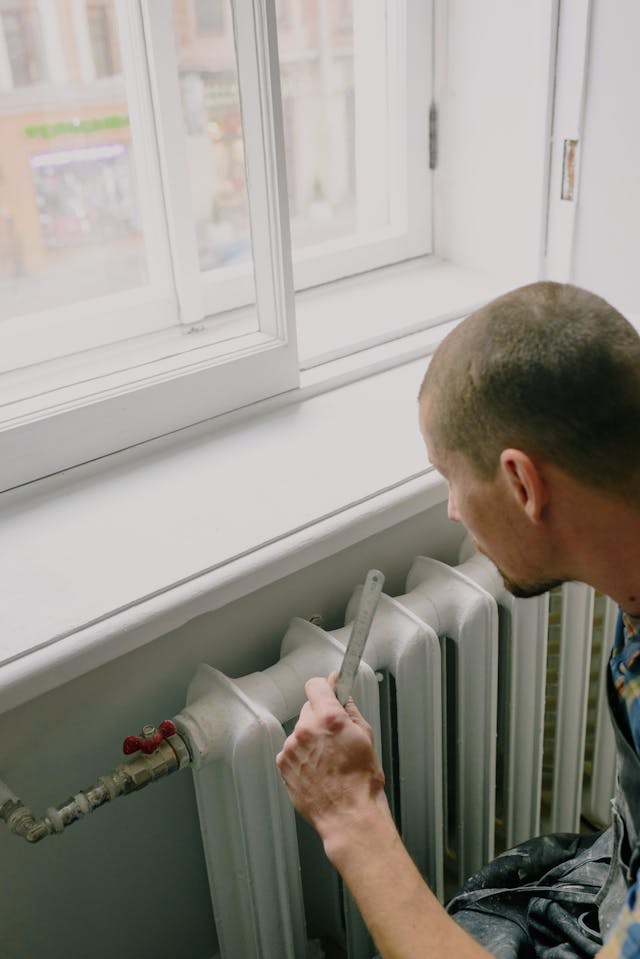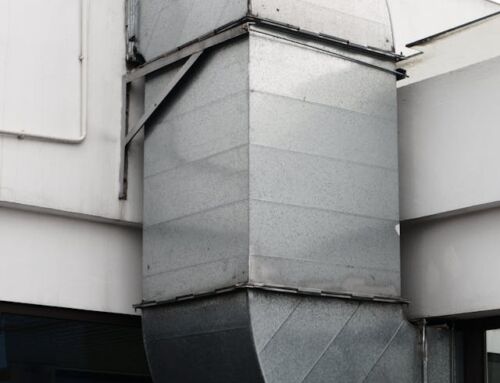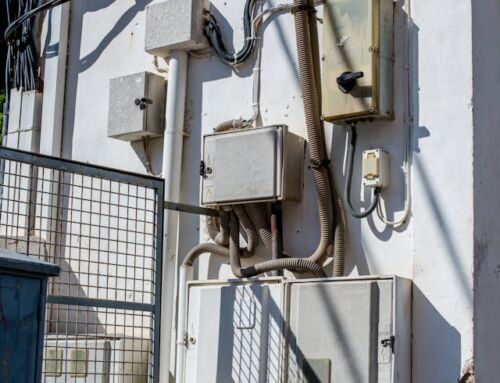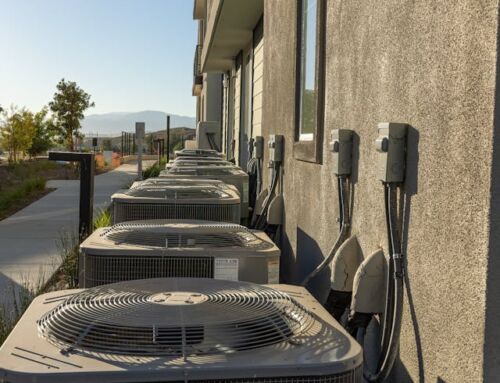Imagine this: you walk into your Auckland home after a long day, eager to unwind and breathe a sigh of relief. But instead of fresh, crisp air, you’re met with a stale, stuffy feeling. It seems your home environment isn’t quite the way you expected. This scenario might be due to poor indoor air quality, and believe it or not, your trusty HVAC system can play a significant role in how does HVAC affect indoor air quality.
The Invisible Threat: Understanding Indoor Air Pollution
While outdoor air pollution is a well-known concern, many people underestimate the impact of indoor air quality on their health and well-being. Our homes and workplaces can harbor a surprising range of pollutants, including:
Dust mites: These tiny creatures thrive in warm, humid environments and can trigger allergies and asthma. Regular cleaning and vacuuming, especially in bedrooms and upholstered furniture, can help reduce dust mite populations.
Pet dander: If you share your home with furry friends, pet dander can be a major contributor to indoor air quality issues. Regular grooming of pets, frequent cleaning of their bedding, and using high-efficiency air filters can help minimise the impact of pet dander.
Pollen: Even if you don’t suffer from seasonal allergies, pollen can find its way indoors and irritate your respiratory system. Using high-efficiency air filters and keeping windows and doors closed during peak pollen seasons can help reduce indoor pollen levels.
Volatile Organic Compounds (VOCs): These chemicals are emitted from various sources, including paint, furniture, and cleaning products. Choosing low-VOC products and ensuring proper ventilation during and after renovation or painting projects can help minimise VOC exposure.
Mold and mildew: Excess moisture can lead to the growth of mold and mildew, which can trigger respiratory problems and even cause structural damage to your building. Maintaining proper ventilation, fixing leaks promptly, and using dehumidifiers in damp areas can help prevent mold and mildew growth.
The Two Faces of HVAC: Heating, Cooling, and Air Quality
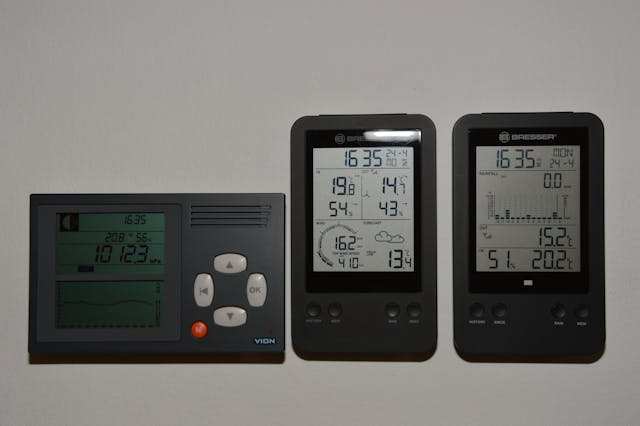
How does HVAC affect indoor air quality is a complex question with two sides to the coin. On one hand, your HVAC system plays a crucial role in maintaining a comfortable temperature; after all, nobody enjoys sweltering summers or bone-chilling winters in Auckland.
How does HVAC produce heat? Common heating methods include furnaces that burn gas or oil, and heat pumps that transfer heat from a cool source to a warm one. While these methods provide comfort, the combustion process in furnaces can introduce pollutants like carbon monoxide into the air.
The Filtration Factor: Keeping the Air Clean
On the other hand, how does HVAC affect indoor air quality also depends on the filtration system within your HVAC unit. Here’s where your air filters come in as silent heroes:
- Air filters trap dust, allergens, and other airborne particles before they can circulate throughout your home. Regularly changing your air filters is crucial for maintaining good indoor air quality. For Auckland residents with pets or allergies, high-efficiency particulate air (HEPA) filters might be a worthwhile investment. HEPA filters can capture even the smallest particles, including pollen, mold spores, and pet dander, providing significant relief for allergy sufferers.
- Many modern HVAC systems also incorporate advanced features like air purifiers. These systems can remove even smaller pollutants, such as smoke, bacteria, and viruses, from the air. By using advanced filtration technologies and specialized air purifiers, you can significantly improve the quality of the air you breathe, especially in urban areas with higher levels of pollution.
Beyond Filtration: Maintaining a Healthy Indoor Environment
While air filters are essential, there’s more to how does HVAC affect indoor air quality. Here are some additional factors to consider:
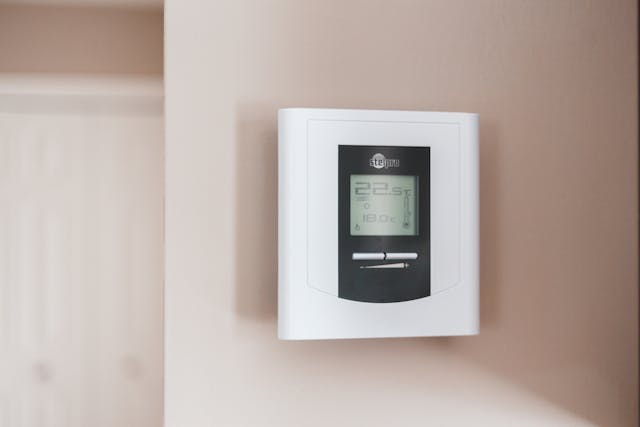
Ventilation
Proper ventilation is crucial for bringing in fresh air and removing stale air. Your HVAC system plays a role in ensuring adequate ventilation, especially in tightly sealed modern buildings. By introducing fresh outdoor air and diluting indoor pollutants, ventilation systems can significantly improve indoor air quality.
Humidity control
Excess moisture can lead to mold growth and other problems. Your HVAC system can help regulate humidity levels, creating a more comfortable and healthy environment. In humid climates like Auckland, dehumidifiers or air conditioners with dehumidification capabilities can help control moisture levels, preventing mold and mildew growth.
Maintenance matters
Like any machine, your HVAC system requires regular maintenance to function optimally. Regular cleaning and upkeep ensure your system continues to operate efficiently and effectively filter the air. By scheduling regular maintenance checks, you can identify and address potential issues before they escalate into major problems, saving you money and ensuring your system’s longevity.
Partnering for a Breath of Fresh Air
Understanding how does HVAC affect indoor air quality empowers you to take control of your home environment. Here are some tips:
- Invest in high-quality air filters and change them regularly.
- Consider an air purifier for additional filtration, especially if you have allergies or asthma.
- Schedule regular maintenance for your HVAC system.
- Improve ventilation by opening windows and doors whenever possible.
Prolectrix is a trusted name in HVAC maintenance in Auckland. We can help you ensure your system is operating efficiently and keeping your indoor air quality healthy.
Conclusion
How does HVAC affect indoor air quality is a crucial aspect of creating a comfortable and healthy home environment. By understanding the role of your HVAC system and taking proactive steps, you can breathe easy and enjoy the fresh air you deserve. So, the next time you adjust your thermostat, remember the invisible role your HVAC system plays in keeping your indoor air clean and healthy.
A well-maintained HVAC system can significantly improve your indoor air quality, reduce the risk of respiratory problems, and enhance your overall well-being. By investing in regular maintenance, high-quality filters, and energy-efficient upgrades, you can create a healthier and more comfortable home environment for yourself and your family.

